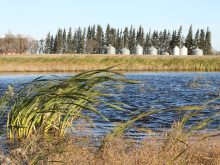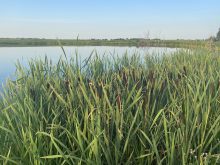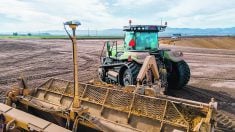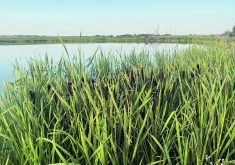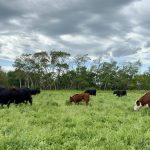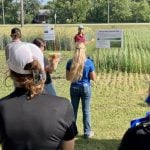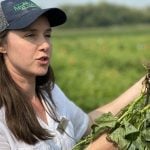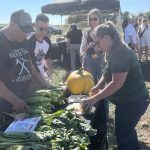Drainage policies increase farm risk
The Saskatchewan government has released its midterm financial update, and it isn’t good news, with a deficit of $743 million, twice that of what was projected.
The main reason? Higher crop insurance payouts because a hot July dried out fields and reduced crop yields.
Read Also
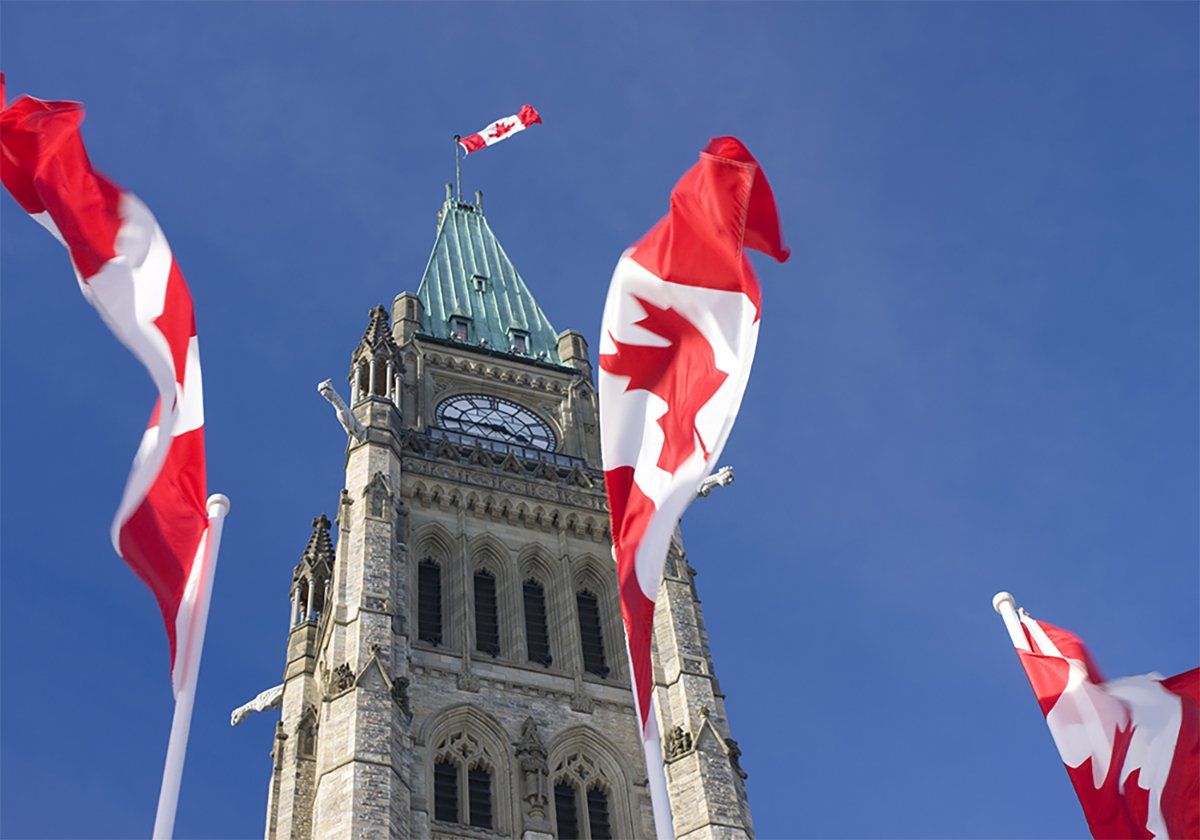
Farm groups are too amiable with the federal government
Farm groups and commodity groups in Canada often strike a conciliatory tone, rather than aggressively criticizing the government.
The minister of finance is quoted as saying, “agriculture is fundamentally important to the economy in Saskatchewan. That’s why it’s important for us to have a program like crop insurance in place when our producers face adverse conditions.”
He also said, “to me, what’s more important is trends and where we’re going overall.”
So, what has been the trend in crop insurance payouts? It’s been billions over just the last few years.
It’s important for farmers to have an effective safety net, but it is also important to maintain a link between environmental risks and financial ones because the possibility of losing money motivates farmers to take land-management actions that lower that risk. This includes keeping marginal areas like wetlands out of production.
Crop insurance subsidies, like Saskatchewan’s drainage policies, contribute to wetlands loss because it reduces the financial risk to farmers of planting on marginal lands.
Saskatchewan has already drained 50 per cent of its wetlands, and native grasslands areas are even fewer. Wetlands not only keep our lakes and rivers clean but also provide important crop pollinator habitat, recharge groundwater, ensuring water is available for agriculture and people during drought, and protect their crops during times of flood.
Saskatchewan farmers need a safety net that helps them responsibly manage environmental and market risks and stay in business, and they need to be rewarded for good business decisions, not for making risky ones.
They don’t need drainage policies that make their farming operation riskier and cost both the farmer and the taxpayer by destroying the very things that protect them: wetlands.
Alice Davis,
Birds Point, Sask.
Wetlands for Tomorrow




